From Animals Make Us Human: Creating the Best Life for Animals by Temple Grandin:
 I believe that the best way to create good living conditions for any animal, whether it’s a captive animal living in a zoo, a farm animal, or a pet, is to base animal welfare programs on the core emotion systems in the brain. My theory is that the environment animals live in should activate their positive emotions as much as possible, and not activate their negative emotions any more than necessary. If we get the animal’s emotions right, we will have fewer problem behaviors.
I believe that the best way to create good living conditions for any animal, whether it’s a captive animal living in a zoo, a farm animal, or a pet, is to base animal welfare programs on the core emotion systems in the brain. My theory is that the environment animals live in should activate their positive emotions as much as possible, and not activate their negative emotions any more than necessary. If we get the animal’s emotions right, we will have fewer problem behaviors.
That might sound like a radical statement, but some of the research in neuroscience has been showing that emotions drive behavior, and my own thirty-five years of experience working with animals have shown me that this is true. Emotions come first. You have to go back to the brain to understand animal welfare.
Of course, usually — though not always — the more freedom you give an animal to act naturally, the better, because normal behaviors evolved to satisfy the core emotions. When a hen hides to lay her eggs, the hiding behavior turns off fear. But if you can’t give an animal the freedom to act naturally, then you should think about how to satisfy the emotion that motivates the behavior by giving the animal other things to do. Focus on the emotion, not the behavior.
So far, research in animal behavior agrees with the neuroscience research on emotions. A really good study on whether animals have purely behavioral needs was done with gerbils. Gerbils love to dig and tunnel, and a lot of them develop a corner-digging stereotypy when they’re around thirty days old. A stereotypy is an abnormal repetitive behavior (ARB for short), such as a lion or tiger pacing back and forth in its cage for hours on end. Pets and farm animals can develop stereotypies, too. Stereotypies are defined as abnormal behaviors that are repetitive, invariant (lions always pace the exact same path in their cages), and seemingly pointless.
An adult gerbil spends up to 30 percent of its "active time" doing stereotypic digging in the corner of its cage. That would never happen in nature, and many researchers have hypothesized that the reason captive gerbils develop stereotypic digging is that they have a biological need to dig that they can’t express inside a cage.
On the other hand, in nature gerbils don’t dig just to be digging. They dig to create underground tunnels and nests. Once they’ve hollowed out their underground home, they stop digging. Maybe what the gerbil needs is the result of the digging, not the behavior itself. A Swiss psychologist named Christoph Wiedenmayer set up an experiment to find out. He put one set of baby gerbils in a cage with dry sand they could dig in, and another set in a cage with a predug burrow system but nothing soft to dig in. The gerbils in the sand-filled box developed digging stereotypies right away, whereas none of the gerbils in the cage with the burrows did.
That shows that the motivation for a gerbil’s digging stereotypy is a need to hide inside a sheltered space, not a need to dig. The gerbil needs the emotion of feeling safe, not the action of digging. Animals don’t have purely behavioral needs, and if an animal expresses a normal behavior in an abnormal environment, its welfare may be poor. A gerbil that spends 30 percent of its time digging without being able to make a tunnel does not have good welfare.
All animals and people have the same core emotion systems in the brain. Most pet owners probably already believe this, but I find that a lot of executives, plant managers, and even some veterinarians and researchers still don’t believe that animals have emotions. The first thing I tell them is that the same psychiatric medications, such as Prozac, that work for humans also work for animals. Unless you are an expert, when you dissect a pig’s brain it’s difficult to tell the difference between the lower-down parts of the animal’s brain and the lower-down parts of a human brain. Human beings have a much bigger neocortex, but the core emotions aren’t located in the neocortex. They’re in the lower-down part of the brain.
When people are suffering mentally, they want to feel better — they want to stop having bad emotions and start having good emotions. That’s the right goal with animals, too.

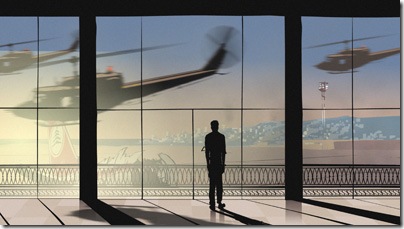

 “What all of us long for, I suspect, is to love the places which we live and live in places worthy of love. Not every place where people are forced to live or have been set down by work or family circumstance, not all places are lovable. But there are a lot of places that have been either polluted or economically ruined. There are a lot of places that have been homogenized out of existence by franchises and big box stores and so forth. But I think anyone who’s had a taste of a distinctive place, a real place—whether it’s a place where they themselves have or simply a place they have visited—everyone who has had such a taste of what a distinctive home place might be longs to have one of their own.”
“What all of us long for, I suspect, is to love the places which we live and live in places worthy of love. Not every place where people are forced to live or have been set down by work or family circumstance, not all places are lovable. But there are a lot of places that have been either polluted or economically ruined. There are a lot of places that have been homogenized out of existence by franchises and big box stores and so forth. But I think anyone who’s had a taste of a distinctive place, a real place—whether it’s a place where they themselves have or simply a place they have visited—everyone who has had such a taste of what a distinctive home place might be longs to have one of their own.” “When I’d get started putting something down and Charlie’d play chords and I’d get the melody in my head from his chords. I got to keep thinking anybody could do it, cause it’s like you talk. It’s like you talk. And if you do that, it just sort of writes itself.”
“When I’d get started putting something down and Charlie’d play chords and I’d get the melody in my head from his chords. I got to keep thinking anybody could do it, cause it’s like you talk. It’s like you talk. And if you do that, it just sort of writes itself.” I believe that the best way to create good living conditions for any animal, whether it’s a captive animal living in a zoo, a farm animal, or a pet, is to base animal welfare programs on the core emotion systems in the brain. My theory is that the environment animals live in should activate their positive emotions as much as possible, and not activate their negative emotions any more than necessary. If we get the animal’s emotions right, we will have fewer problem behaviors.
I believe that the best way to create good living conditions for any animal, whether it’s a captive animal living in a zoo, a farm animal, or a pet, is to base animal welfare programs on the core emotion systems in the brain. My theory is that the environment animals live in should activate their positive emotions as much as possible, and not activate their negative emotions any more than necessary. If we get the animal’s emotions right, we will have fewer problem behaviors. 
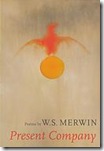 You spend so much of your time
You spend so much of your time “I wanted to be a movie star. You can’t say about work that I didn’t try very hard. That really wasn’t true. I’ve always been a great opportunist, but the opportunity was not always there. I had a difficult set of circumstances to deal with, particularly for a movie career. Being gay...just doesn’t work.”
“I wanted to be a movie star. You can’t say about work that I didn’t try very hard. That really wasn’t true. I’ve always been a great opportunist, but the opportunity was not always there. I had a difficult set of circumstances to deal with, particularly for a movie career. Being gay...just doesn’t work.” 
 Optimism
Optimism 
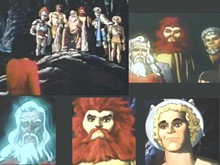
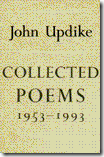 The spirit has infinite facets, but the body
The spirit has infinite facets, but the body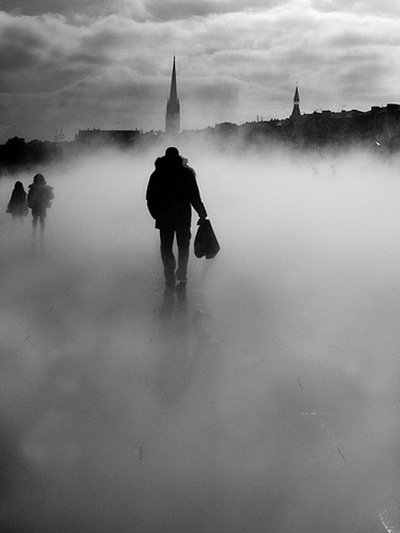
 From
From 




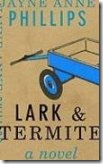 I actually started
I actually started 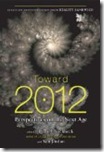
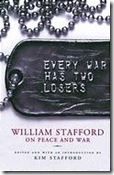 All his life
All his life 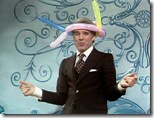 Now, the visualization of that idea in science news was to show a diagram that to me looked like, OK, now I'm going to ask you to visualize Steve Martin making a balloon animal. OK?
Now, the visualization of that idea in science news was to show a diagram that to me looked like, OK, now I'm going to ask you to visualize Steve Martin making a balloon animal. OK?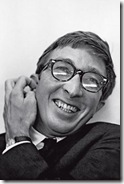 “John Updike filled his 50 years of writing with probably seven or eight normal writing careers. He did so by fusing two artistic virtues that rarely meet in the same person: a frisky, easy, improvisational energy and a rigorous, workaday discipline. He was both the ant and the grasshopper, accountant and poet, Trollope and Rimbaud. His solution to the daily crisis of inspiration was simply not to have it: He wrote steadily, with very little angst, three pages a day, five days a week.”
“John Updike filled his 50 years of writing with probably seven or eight normal writing careers. He did so by fusing two artistic virtues that rarely meet in the same person: a frisky, easy, improvisational energy and a rigorous, workaday discipline. He was both the ant and the grasshopper, accountant and poet, Trollope and Rimbaud. His solution to the daily crisis of inspiration was simply not to have it: He wrote steadily, with very little angst, three pages a day, five days a week.”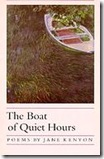 A ledge of ice slides from the eaves,
A ledge of ice slides from the eaves, 




